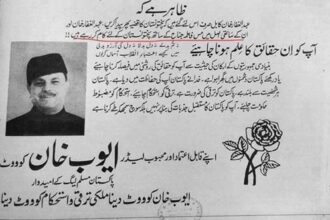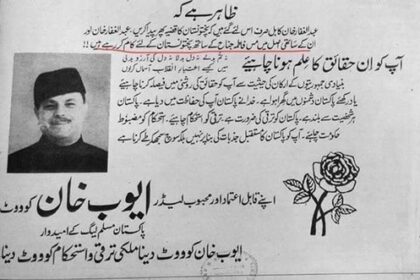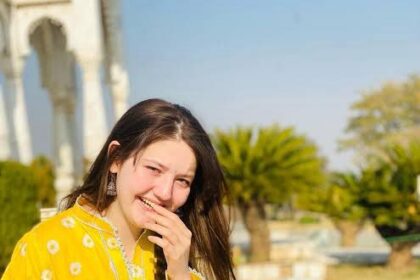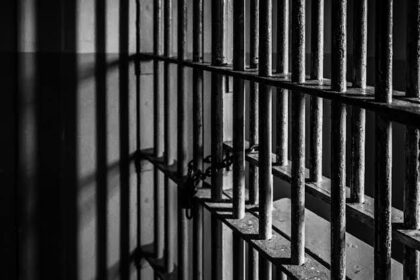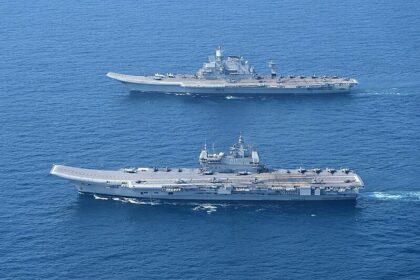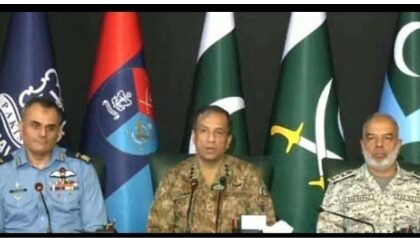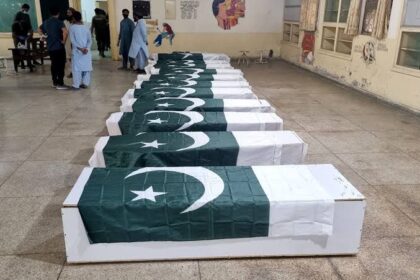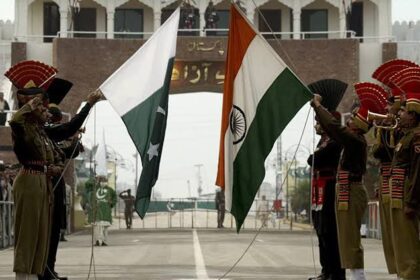(The Call of the Dead Rivers of Pakistan)
I live in the USA, but whenever the aroma of my homeland calls me, I return to Lahore—my city. On my last visit, my family and I had to travel to Rawalpindi. Under some stress, I insisted we take the train. As I boarded the compartment, memories of my childhood embraced me. I chose the window seat—just like I used to when I traveled with my father.
Back then, my favorite part of the journey was crossing the River Ravi. I would press my face against the window, listening to the rhythmic clatter of the train on the bridge, feeling the cool breeze that would fill the compartment. The moment was always brief, but my brother and I made the most of it, counting the boats floating on the river.
This time, the train began to move and I let the window down, closing my eyes to relive those memories. As we approached the bridge, I heard the familiar rattle and opened my eyes, expecting the cool breeze. Instead, scorching heat hit my face—it felt as though someone had thrown hot sand at me. I looked out and, to my horror, beneath the bridge was no river—just a vast stretch of dry sand.
I turned to my son and asked, “This was the River Ravi… what happened to it? Where has it gone?”
He gave a bitter laugh and replied, “It’s dried up now, father.”
“How can that be?” I asked. “What about the glaciers of Bhangai and the tributaries that fed Ravi?”
He said, “They still exist, but India has blocked our river. Our other rivers are in the same condition. Massive dams have been built on them.”
His words shattered me. That night, I lay on my bed, haunted by the words of Indian Prime Minister Pandit Nehru: “In 20 years, I will make Pakistan dry.” He had done just that.
Now in 2025, India’s Prime Minister is continuing Nehru’s legacy, devising new strategies to choke Pakistan’s lifelines. I commend the current Pakistani regime for taking bold steps—suspending air travel with India. But we must go further. Our armies must act with full strength. Our survival is at stake; we must defend ourselves without worrying about our neighbors’ comfort or survival.
Back in Lahore, I learned that there is no longer groundwater beneath the city. I remembered the hand pump in our home, which once reached clean water at just 20 feet. Now, people rely on recycled water—filtered and treated from the city’s sewage—for everything from drinking to daily needs.
Why haven’t we protested more fiercely? People say we can’t go to war with India over water—it’s a strong country. But is water not worth our lives? In America, history tells us that wars have been fought not just for freedom, but also for water. It is life itself.
I remember when, with India’s help, East Pakistan became Bangladesh. India later planned to build a dam on the Ganges at Farakka. But Bangladesh, understanding water as a matter of survival, mobilized its army and protested strongly. India withdrew the plan. Only later, in 1996, did India complete the Farakka Barrage in consideration of Bangladesh’s needs.
But what about us? Where are my people? We Lahoris used to be agitators. Have we stopped caring? Visit the jails—you’ll find people sentenced to death or life imprisonment for simply protesting that water must not be taken from their fields.
For the first time in our history, our rivers have become deserts. Many politicians—prime ministers, generals, and leaders—have crossed those dried-up bridges, their cars air-conditioned, their uniforms glittering with medals. They don’t feel the heat, the stench, or the loss. Some prefer helicopters now, flying ovSourcwer our dying rivers rather than confronting them.
In the end, let me laugh at the innocence of our citizens: they pay heavy toll taxes to cross bridges over dead rivers. I suggest that in places where rivers have dried up, toll taxes should be abolished. Why pay for emptiness?
I pray to Almighty God: grant us a leader who can bring water back to our rivers. This is the prayer of our sandy rivers—give them water, O Holy God.

